Popular dispute resolution methods in the future
Tran Thi Van Ha, a second-year student at Hanoi Law University, is currently involved in two clubs at school, the Moot Club and the Law Research Club. Having just won First Prize in this competition, Ha said she has long been interested in mediation and when there was an international writing competition for mediation, she immediately participated.
According to Van Ha, her idea for the winning article: “The international writing competition on mediation is truly a memorable experience for me. This is the first competition I have participated in since entering Law School. Before registering for the competition, I was very worried and anxious because at that time, I was just in my second year and still lacked a lot of professional knowledge about law. Moreover, commercial mediation is still a fairly new field in Vietnam, so finding information is very difficult.”
 |
Student Tran Thi Van Ha. (Photo: CVCC) |
Ha expressed that her essay was a difficult international exam question and had to synthesize many documents to come up with a successful mediation plan: “This year's exam question was about a dispute between the Milk Producers Association on one side and the Dairy Industry Association on the other side, including 04 large multinational companies specializing in the production of dairy products (cream, butter, cheese, etc.). The dispute occurred when the Dairy Industry Association refused to renegotiate the milk purchase price in the sales contract and the Milk Producers Association responded by unilaterally terminating the contract. The candidates had to act as lawyers representing the client, the Milk Producers Association, to write a mediation summary in preparation for the upcoming mediation dispute settlement session.
When reading the topic, I had to identify a number of issues in advance, such as the basic details of the dispute, the negotiation history of both parties, the wishes and desires of each party, the strengths and weaknesses of each party, and the obstacles to a successful agreement. These are the main points I need to analyze in the conciliation summary in order to suggest a final agreement that is consistent with the wishes of both parties in the dispute.
To do this, I consulted many different sources of documents, from judgments, legal documents, books, magazines commenting on related legal issues, to videos of mediation sessions, mediation competitions... All of these sources equipped me with basic knowledge about the mediation process and helped me complete my exam. Ha shared that after graduating, she will study law and continue to pursue the work of a mediator.
Reconciliation is not a battle for absolute victory.
Nguyen Hoang Minh Chau, who has just graduated with a major in International Commercial Law from Ho Chi Minh City University of Law and won the Second Prize in this competition, has an interesting comment on mediation work: “Previously, when participating in mock court and arbitration competitions, I often thought in a win-lose mindset, focusing on arguments to gain maximum advantage for one side. But when I learned about commercial mediation, I began to look at disputes from a different perspective - a dispute does not necessarily have to have a winner or a loser, but can completely find a solution that both sides can accept. That urged me to learn more about the art of negotiation, bargaining and building a win-win solution. I am especially interested in finding intersections between the interests of the parties, thereby proposing a direction to help them reach a fair, practical and sustainable agreement.”
Chau believes that this competition is not only about law, but also requires strategic thinking and negotiation skills. Whether in business or in life, mediation is an important skill that helps us resolve conflicts in a more intelligent and humane way. Mediation in litigation is a method of dispute resolution that is deeply humane and practical. In the current legal context, mediation not only helps protect the legitimate rights and interests of the parties but also promotes cooperation, reduces tension and maintains relationships between disputing parties. Especially in areas such as business and trade, mediation contributes to creating a healthy business environment, where businesses can sit together to find solutions instead of confronting each other in court or arbitration.
“The most obvious benefit of mediation is saving time, money and effort. Compared to lengthy litigation, mediation offers flexibility, allowing parties to be autonomous in finding solutions without having to rely entirely on court or arbitration decisions. In addition, voluntarily implementing mediation agreements reduces the burden on the judicial system and increases the enforcement rate more effectively than compulsory judgments,” Chau believes in mediation.
 |
Nguyen Hoang Minh Chau. (Photo: CVCC) |
Talking about the difficulties of young people pursuing the path of mediator, Chau said that there needs to be reform in terms of law as well as people's awareness when participating in litigation such as: the legal system still does not have a high level of consensus on regulations related to mediation, leading to uneven application in different courts; the awareness of many individuals and organizations about mediation is still inadequate, making them afraid to use this method instead of pursuing traditional litigation procedures.
“In the future, I believe that mediation will continue to develop if we make appropriate improvements. First of all, it is necessary to improve the legal system to create a clear legal corridor, helping parties easily access and effectively conduct mediation. In addition, improving the skills of the mediator team is extremely important. A mediator not only needs to understand the law but also needs to be persuasive, skillful in negotiating and building trust between the disputing parties.
In particular, it is necessary to promote public awareness of the benefits of mediation. When people understand that mediation can bring about faster, more flexible and fairer solutions, they will be more willing to choose this method instead of confrontation in lengthy court or arbitration sessions. In addition, applying modern methods such as arbitration combined with mediation will help improve the effectiveness of dispute resolution, while also being in line with the trend of international integration.
Mediation is not only a legal tool, but also a humane approach to resolving conflicts, promoting cooperation and contributing to building a harmonious and sustainable society. For mediation to truly become a pillar in the judicial system, we need to continue to improve the legal mechanism, improve the quality of the mediator team and encourage more strongly the application of this method in practice,” Chau affirmed.
Chau is determined to develop his career in the field of “alternative dispute resolution (ADR)”, including mediation and arbitration.
“For me, becoming a mediator or arbitrator trusted by parties or appointed by centers is a great honor. However, to achieve that, I know I need to constantly improve my expertise and perfect skills such as negotiation, listening and analyzing problems objectively. I believe that when I am really good and have enough experience, such opportunities will come naturally as a necessary consequence. Currently, I am focusing on learning and accumulating experience to prepare for the long journey ahead. I also hope that in the future, I can contribute to the development of ADR in Vietnam, helping people access more effective and quality dispute solutions,” Chau said.
Source: https://baophapluat.vn/nguoi-tre-theo-duoi-con-duong-hoa-giai-post545156.html




![[Photo] National Assembly Chairman Tran Thanh Man attends the Policy Forum on Science, Technology, Innovation and Digital Transformation](https://vstatic.vietnam.vn/vietnam/resource/IMAGE/2025/4/13/c0aec4d2b3ee45adb4c2a769796be1fd)
![[Photo] National Assembly Chairman Tran Thanh Man attends the ceremony to celebrate the 1015th anniversary of King Ly Thai To's coronation](https://vstatic.vietnam.vn/vietnam/resource/IMAGE/2025/4/13/6d642c7b8ab34ccc8c769a9ebc02346b)
![[Photo] Prime Minister Pham Minh Chinh chairs the Government's special meeting on law-making in April](https://vstatic.vietnam.vn/vietnam/resource/IMAGE/2025/4/13/8b2071d47adc4c22ac3a9534d12ddc17)

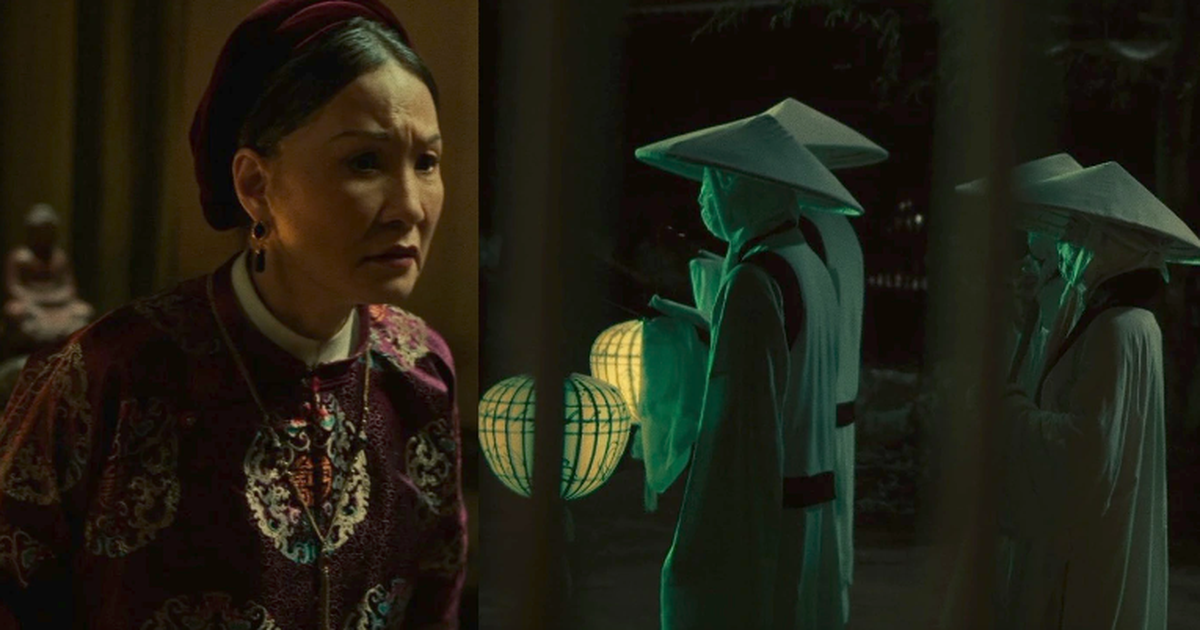
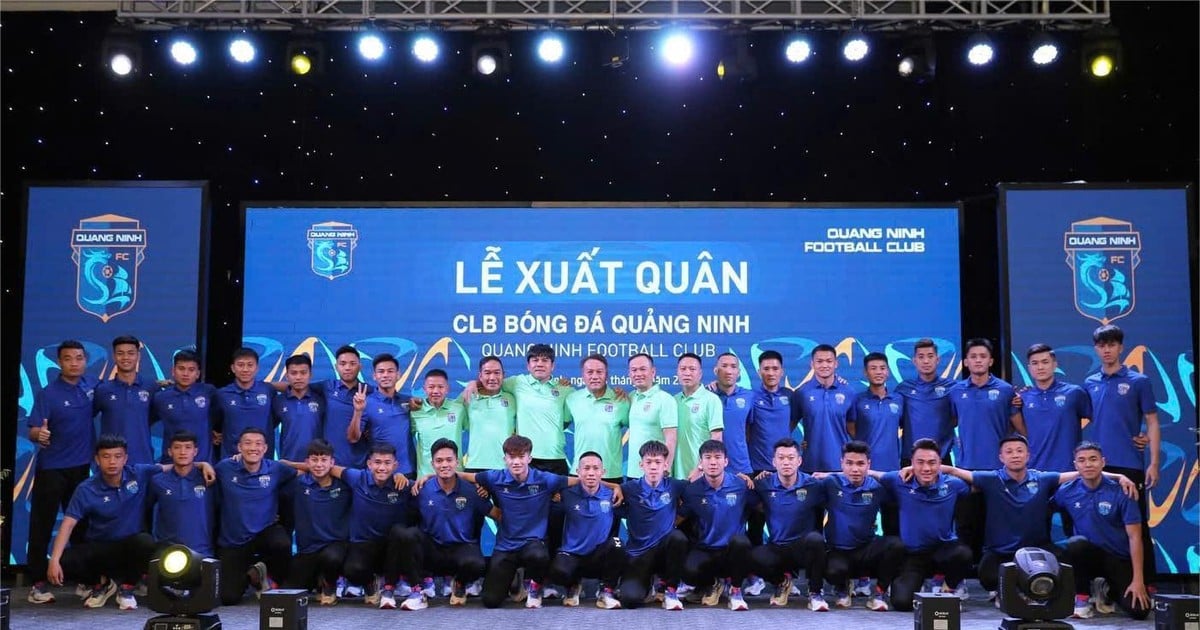
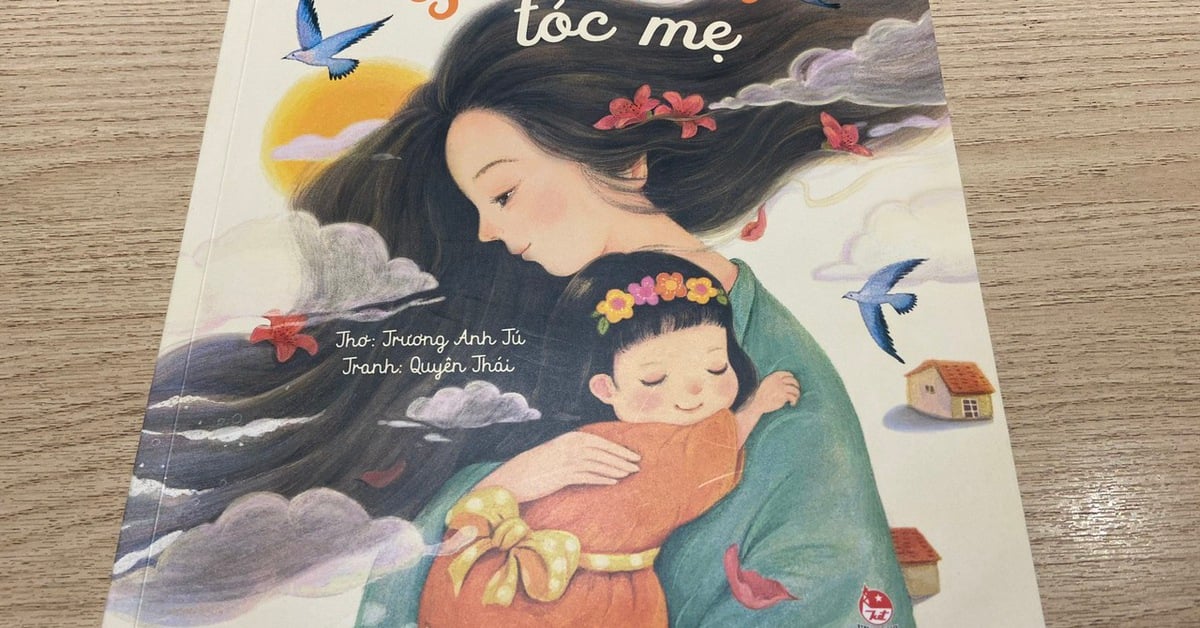
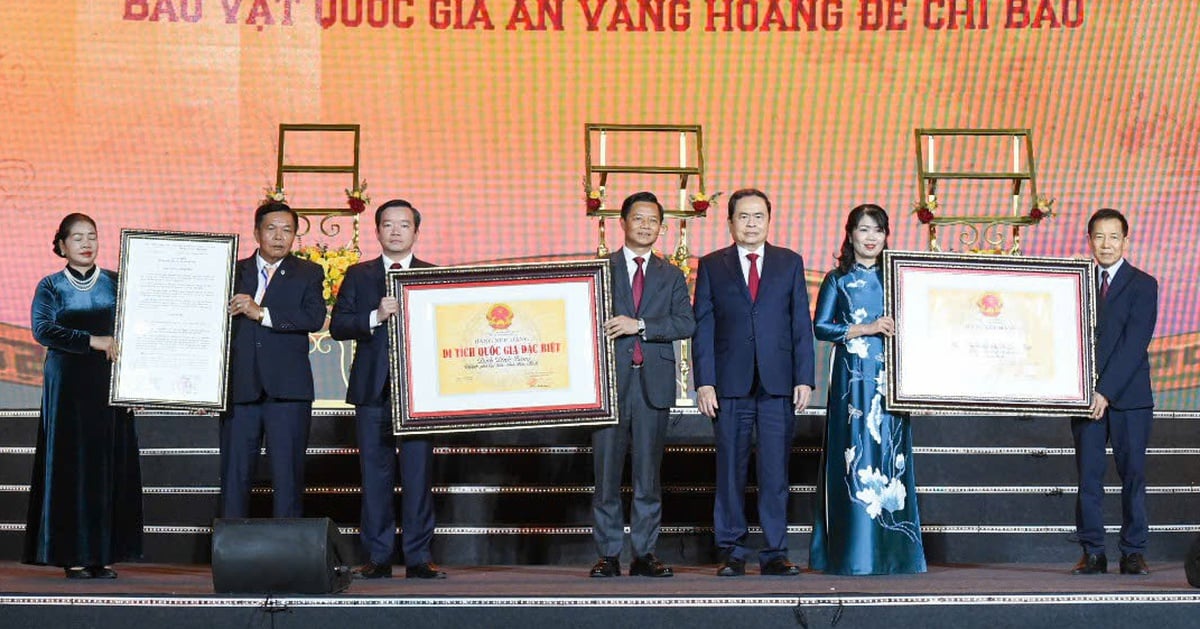






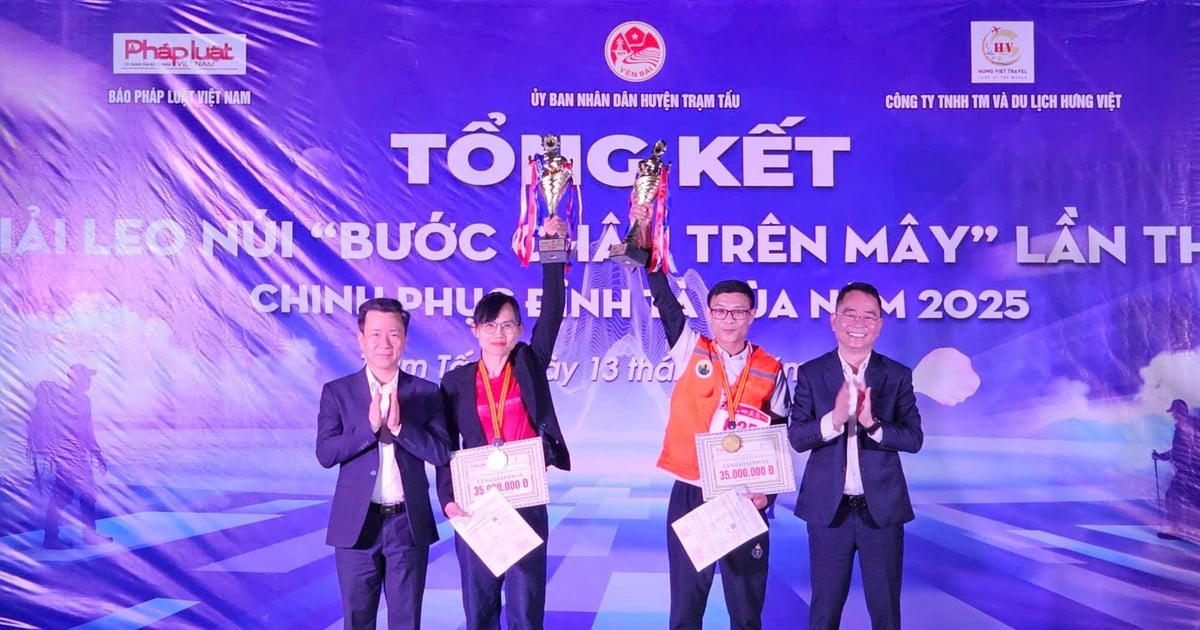


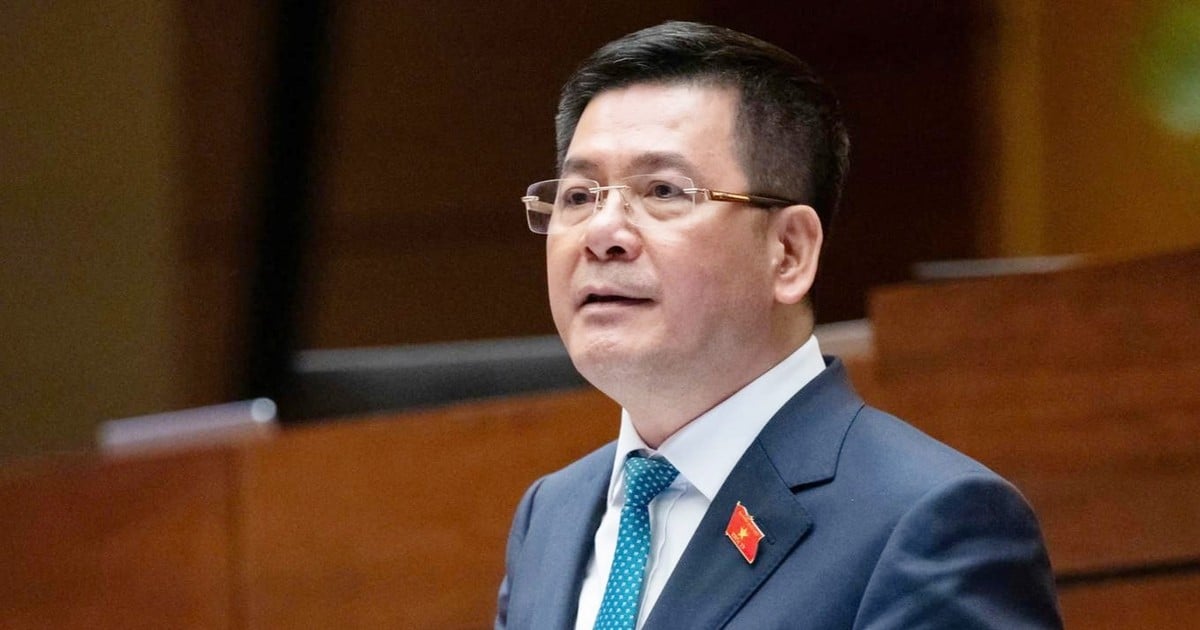
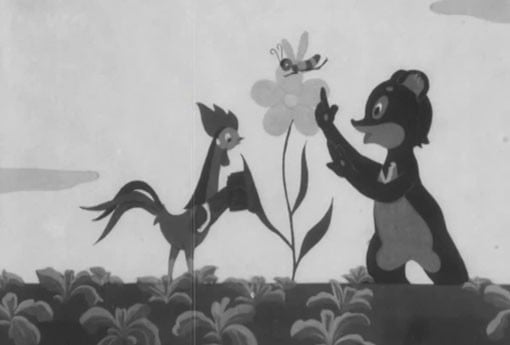
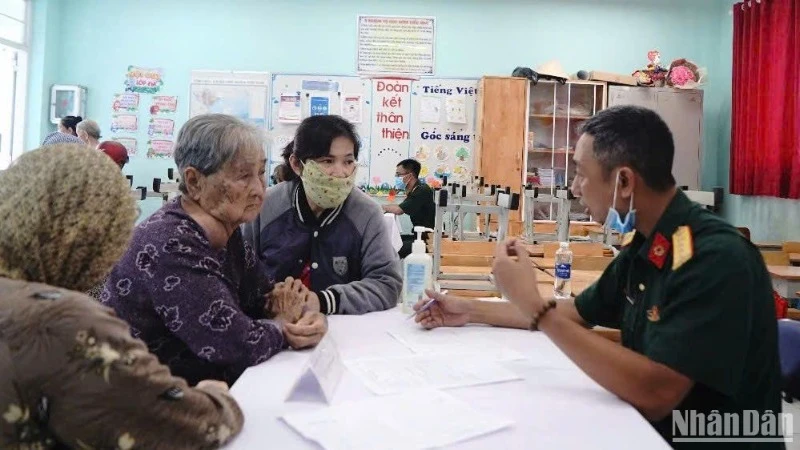














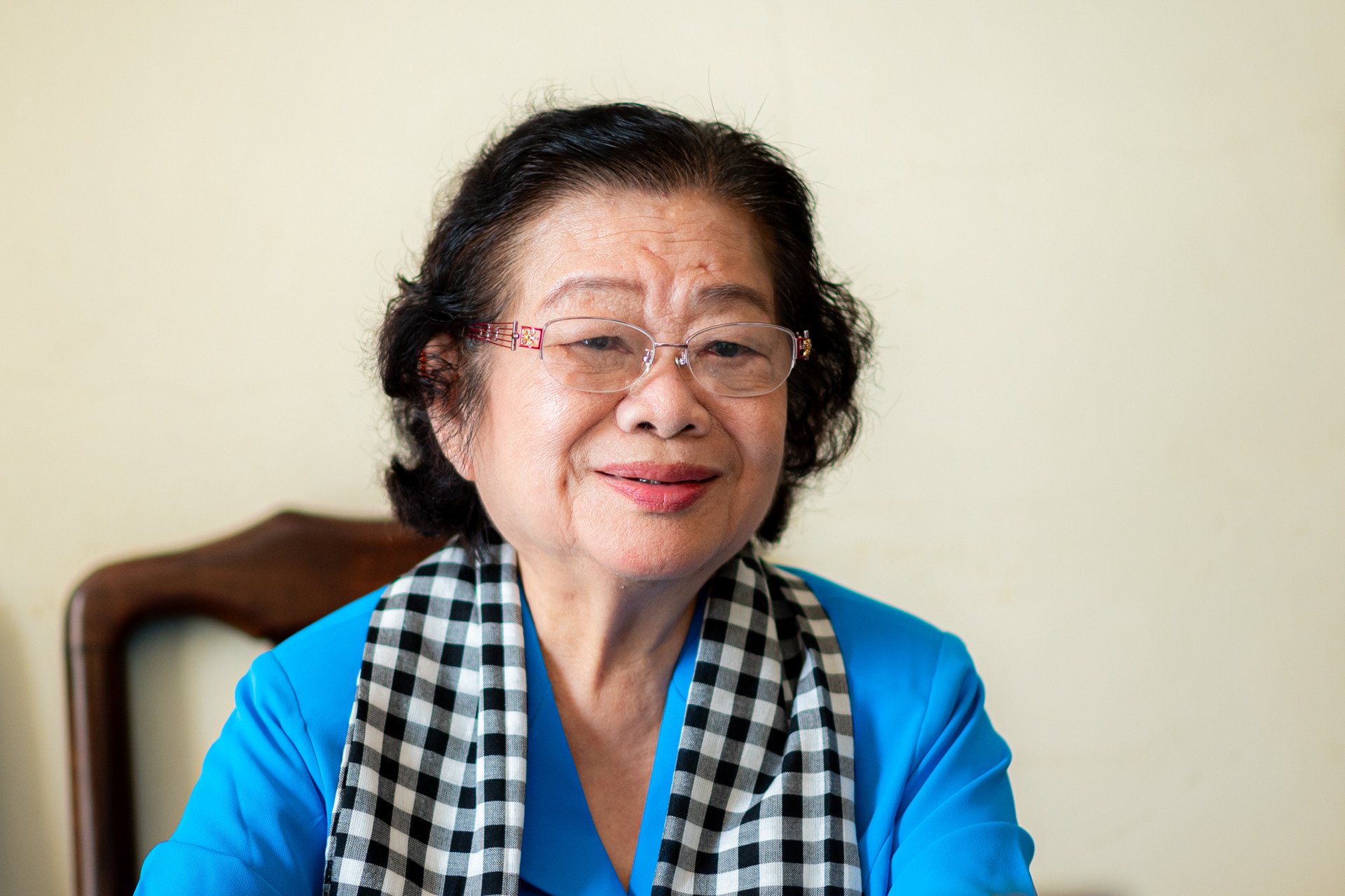

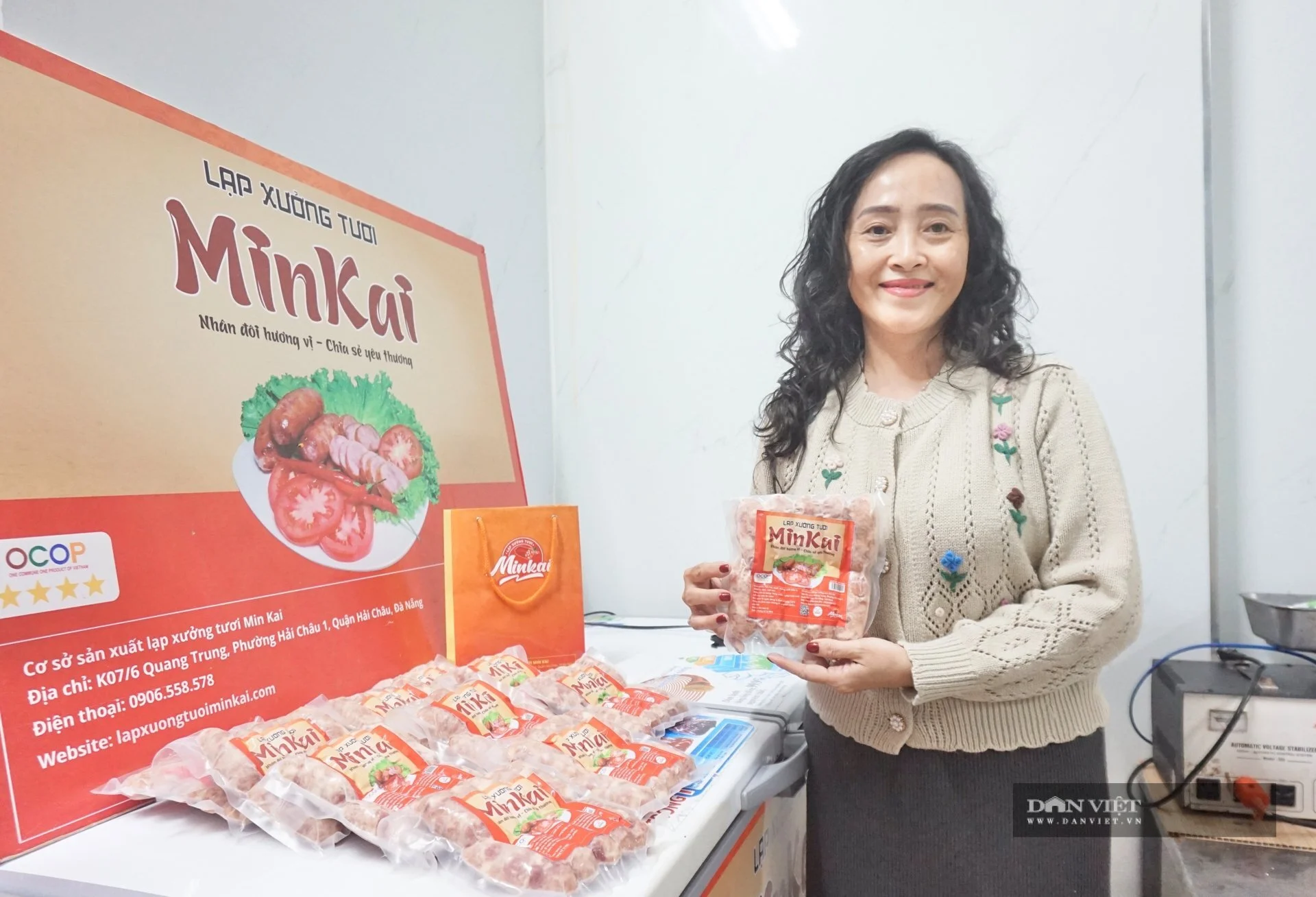

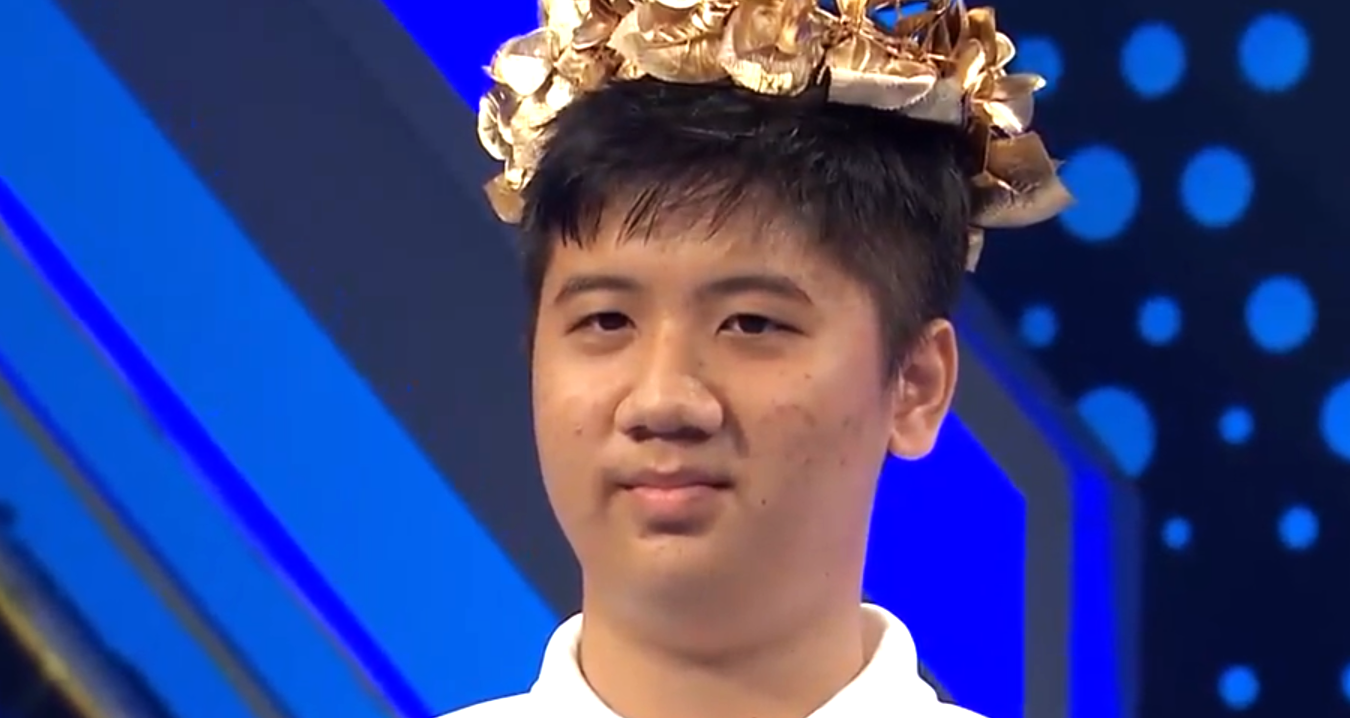

















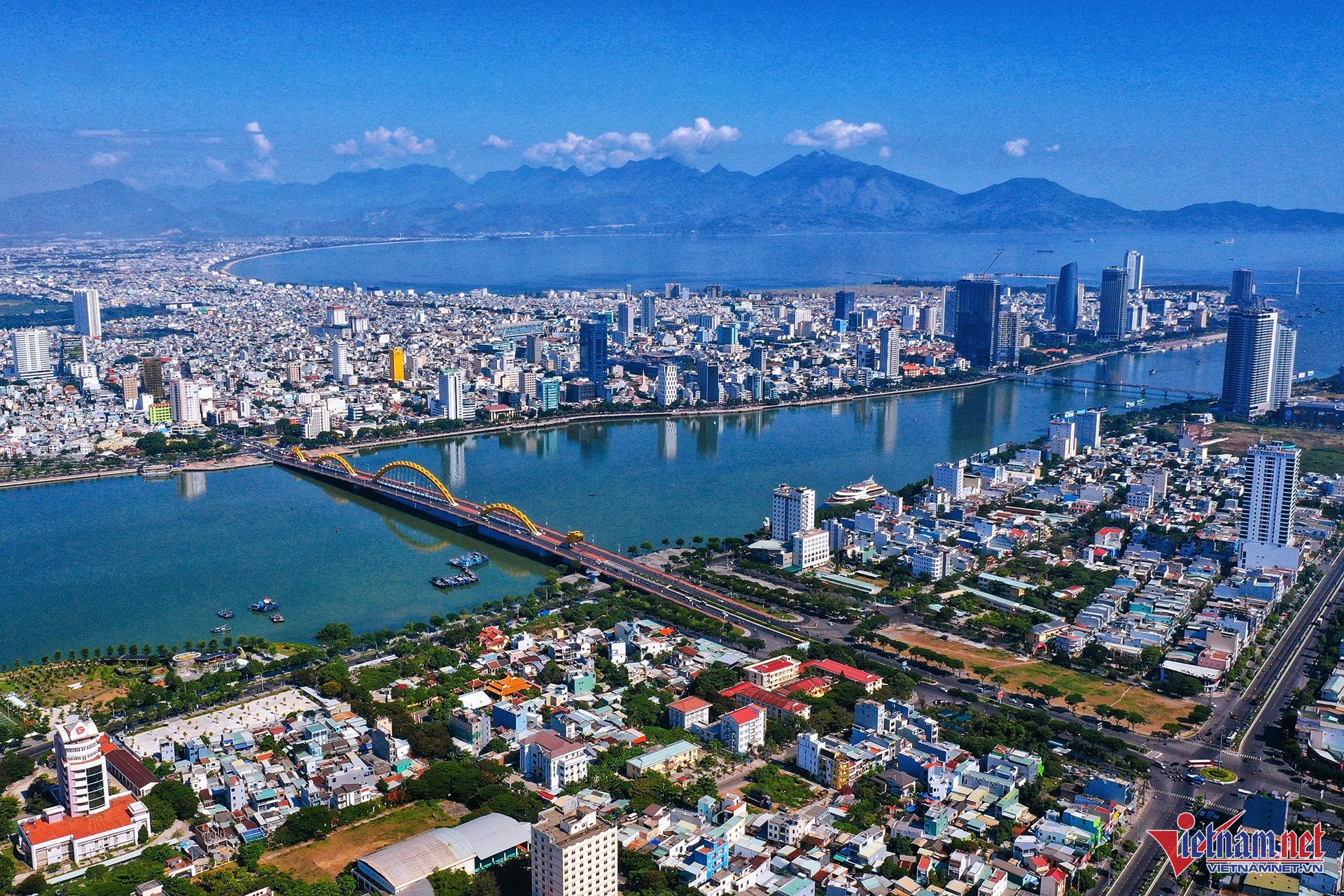
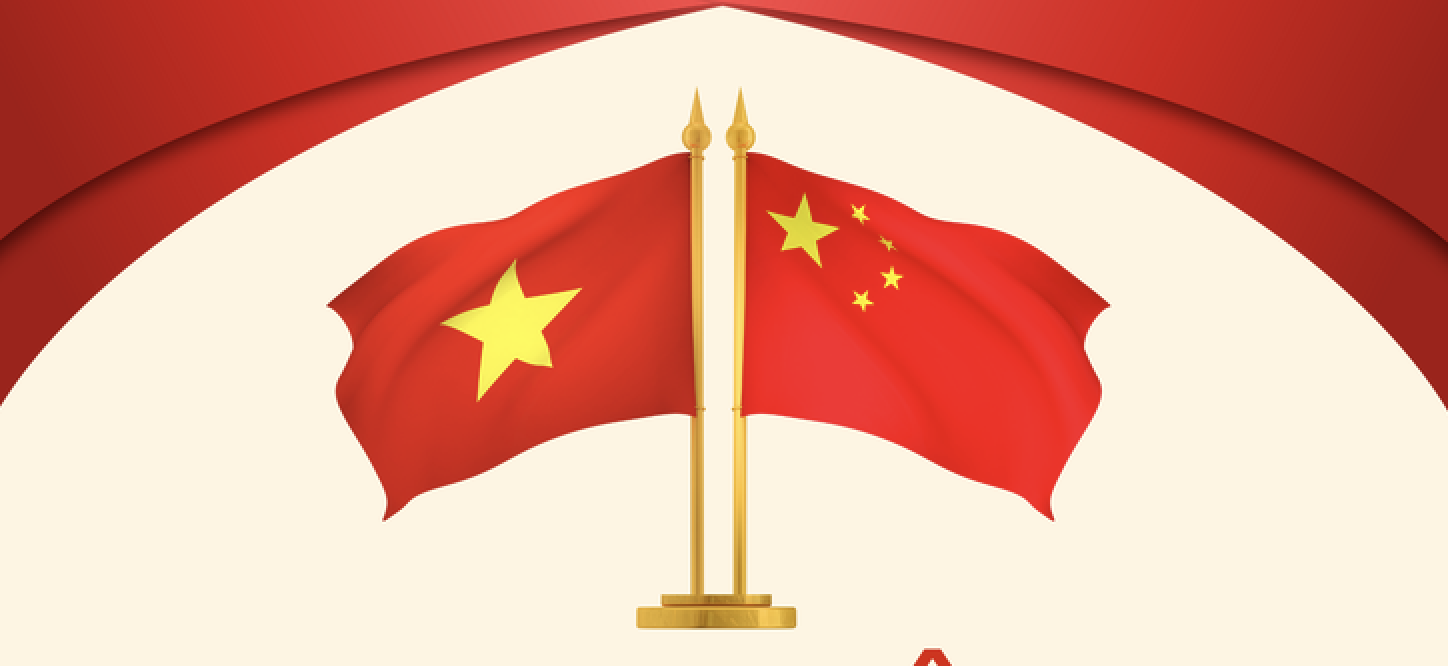
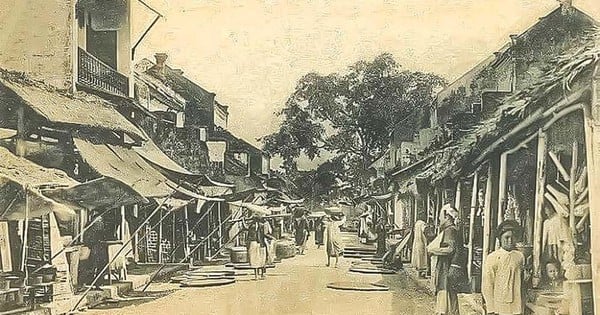


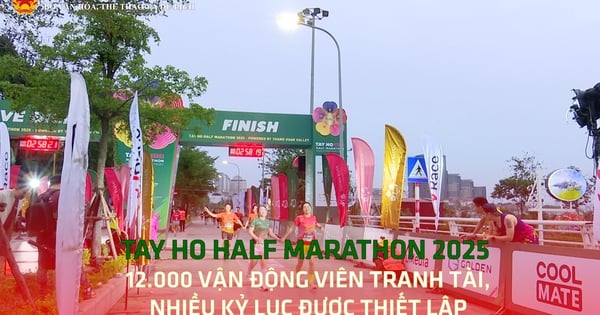
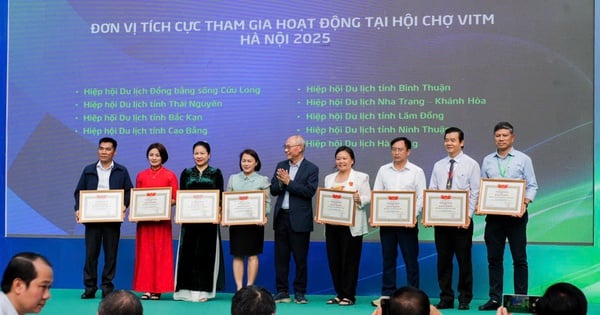



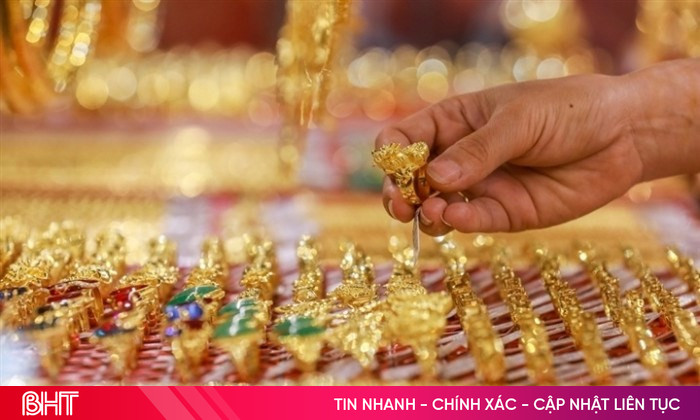

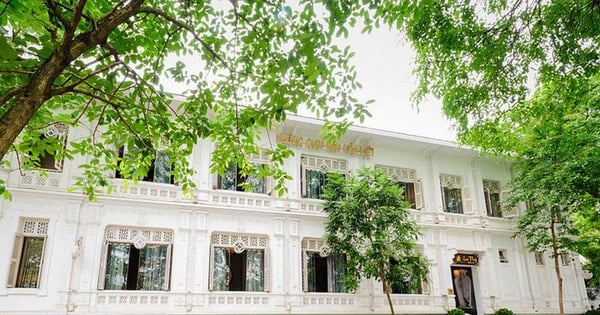

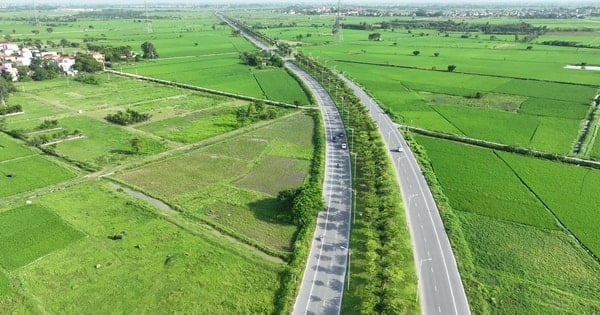


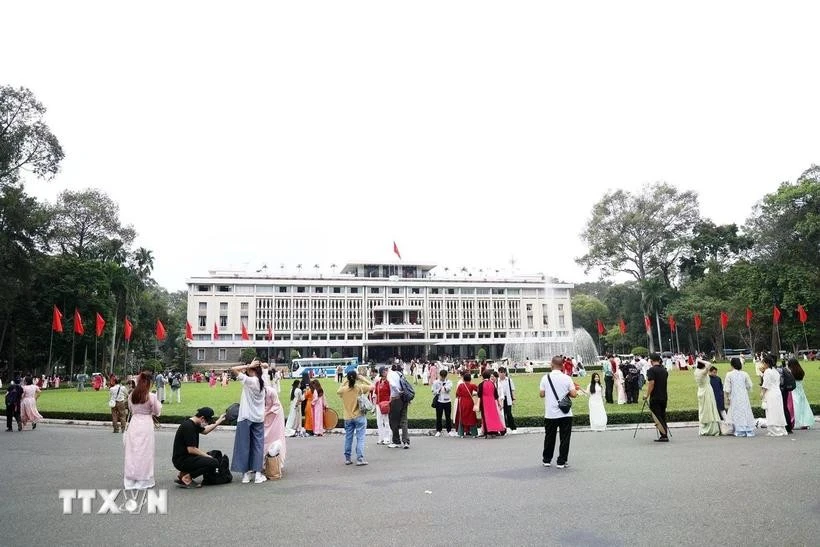

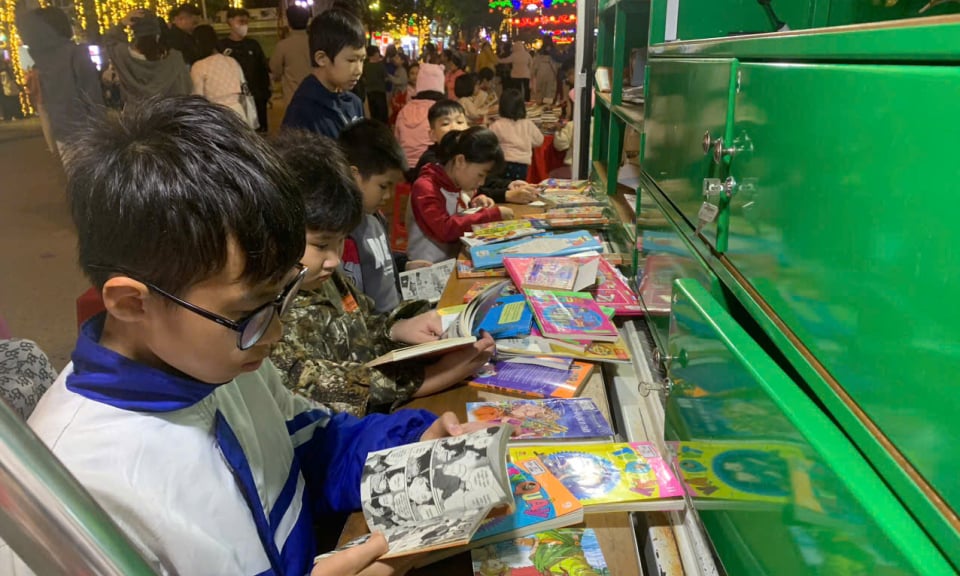











Comment (0)